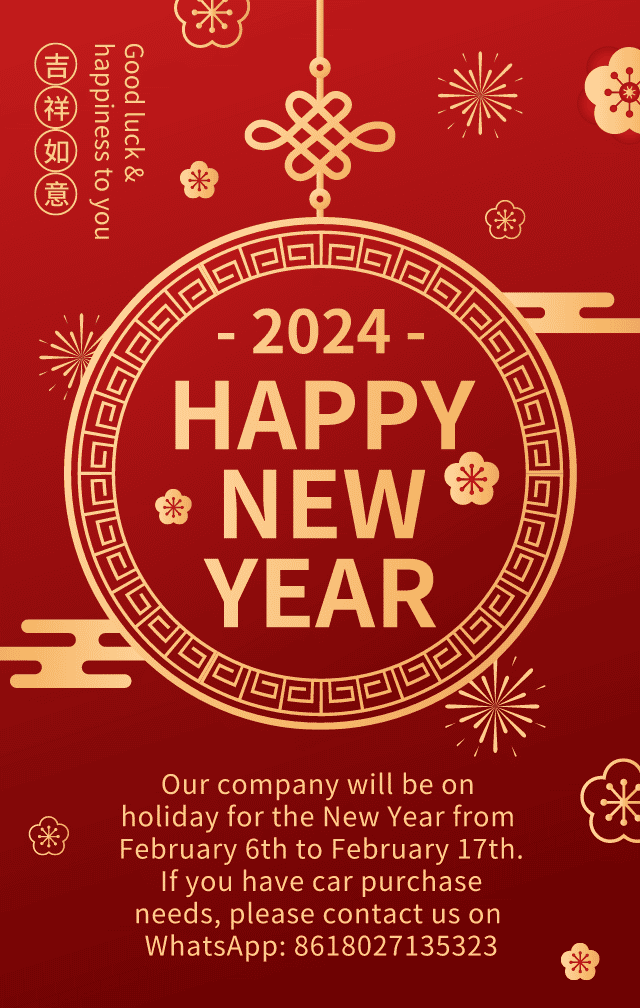الصين تتقدم على اليابان في صادرات السيارات
شركات صناعة السيارات اليابانية معرضة لخطر تكرار الانخفاض الذي شهدته شركات صناعة السيارات الثلاث الكبرى في ديترويت (كرايسلر, ف ورد, وجنرال موتورز) بسبب مقاومتها للسيارات الكهربائية (المركبات الكهربائية). A significant number of Americans who purchased Teslas switched from Japanese brands, particularly تويوتا و هوندا.
The lack of EV offerings is costing Japanese brands substantial sales, especially in China, where 25 percent of new car sales are EVs plug-in hybrids. في المقابل, Japanese brands experienced a significant decline in sales compared to US and European brands in a market weakened by COVID-19.
الصين, which surpassed Germany as the world’s second-largest auto exporter in 2022, is on track to surpass Japan soon. This loss of market share in exports is a serious blow, considering the long-term decline in car sales within Japan.
The export problem is primarily attributed to EVs, which now account for half of all Chinese automobile exports. Most of these EVs are produced by foreign brands through joint ventures with domestic partners. China’s share of the European EV market is predicted to rise from 5 في المئة في 2022 ل 15 percent by 2025.
Japanese automakers have started making changes to address this issue. Toyota announced its goal of producing 3.5 million battery EVs by 2030, up from the previous target of 2 مليون. Honda also aims to produce 2 million battery EVs by 2030, equivalent to half of its current sales. لكن, Japan still lags behind other wealthy countries in terms EV adoption.
Unfortunately, these companies are still investing billions of dollars in cars that are losing popularity, such as hybrids, or were never popular, like plug-in hybrids and hydrogen fuel cell vehicles. في 2022, global sales of battery EVs and plug-in hybrids combined surpassed traditional hybrids, with battery EVs outselling plug-in hybrids threefold.
Despite the global trend favoring EVs, Japan’s government and automakers remain fixated on hydrogen fuel cell cars. Tokyo provides more subsidies for fuel cell cars than for EVs. Toyota’s fuel cell car, the Mirai, has only sold 22,000 units worldwide since its introduction in 2015.
Ironically, Chinese brands are repeating the same mistakes made by Japanese automakers with Detroit’s big three, failing to adapt to a shift in technology and market conditions.
في الماضي, Japanese automakers capitalized on the oil price shocks of the 1970s and stricter pollution controls by offering smaller, more reliable, fuel-efficient, and less polluting cars. They also incorporated computer chips into their vehicles ahead of others. نتيجة لذلك, Japan became the world’s largest auto exporter within a decade, while Detroit’s market share declined significantly.
Just as success blinded Detroit, it seems have done the same with Japanese brands. Former Toyota CEO Akio Toyoda dismisseds as overhyped and perpetuated the myth that shifting to EVs would increase carbon emissions. لكن, globally, EVs emit 30 percent fewer emissions than gasoline cars, and this advantage continues to grow renewable energy usage increases.
While Toyoda’s successor, Koji Sato, expressed a commitment to implementing electrification, many analysts remain skeptical. Japanese automakers seem to believe they can focus on hybrids and catch up withs when necessary. لكن, it is uncertain whether catching up will be easy, partly due internal corporate culture and attachment to existing business models and technologies.

 السيارات في الصين
السيارات في الصين